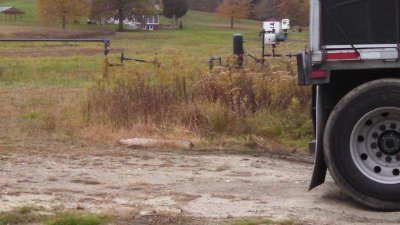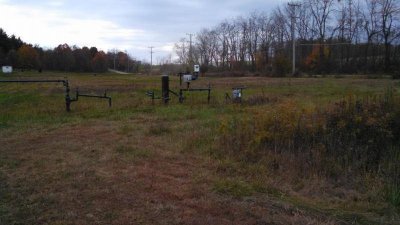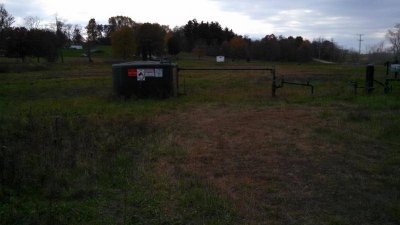Oklahoma now surpasses California in the number of earthquakes annually. It's attributed to fracking by the anti-oil people, mostly. Personally, I believe that the activity has simply reactivated long-dormant faults, rather than actually causing the quakes. Fracking is done in over 40 states in the US, and only three have seen an increase in quake activity. I'm not really worried. We did feel the 5.6 and the 5.0 that hit central OK in the recent past. Shook things up and made the dogs get all worked up, was about all.
didnt know that about OK vs CA. interesting.
Fracking...there's an interesting topic to a shade-tree geologist like me. steering CLEAR of the politics completely, and staying with the science, I feel two ways about this.
the earth is massive, and any US state-sized piece of it has a mass of BILLIONS of tons, and we are going into the crust a mere fraction of its 30 mile thickness. what could drilling into it possibly do to it, even the high pressure work of fracking, to cause an earthquake?
on the other hand, fracking also involves storing treated water underground, and coupled with locally dormant faults, that water can 'lubricate" those rocks so they slip more easily past each other (like a air hockey puck with air on vs. air off on the table). the slipping in turn may create local earthquakes.
i guess i come down on the side that fracking MAY create localized quake conditions that MAY not otherwise be there without the fracking. it is entirely possible that fracking (assuming the water table doesnt get polluted) does NOTHING at all to the local area.
sorting it out with rational, fact-based discussion however, can be challenging with people taking hardline stances on either side hence I again stay away from THAT debate here as I like being on FCBO :icon_pirat:



















